First and foremost sleep training and teaching your baby how to sleep well are two completely different things, but the search engines favour the former so that’s why I choose Sleep Training in my title
In today’s parenting world, many parents feel conflicted and overwhelmed by the barrage of conflicting advice on sleep training. Some information suggests that teaching babies to sleep independently could harm their emotional security or attachment.
Understandably, parents want to do what’s best for their child, and for many, this leads to a deep fear of unintentionally damaging their child’s emotional development.
So, in response, many parents adopt sleep, feeding, or co-sleeping behaviours rooted in co-regulation, believing that constant closeness and immediate responses are the best way to protect their baby’s sense of security.
However, what if I told you that supporting your baby’s sleep isn’t just about getting more rest, but also crucial to their emotional development and the parent-child bond?
Let’s dive deeper into how healthy sleep routines can foster secure attachment, confidence, and better overall emotional well-being for your child.
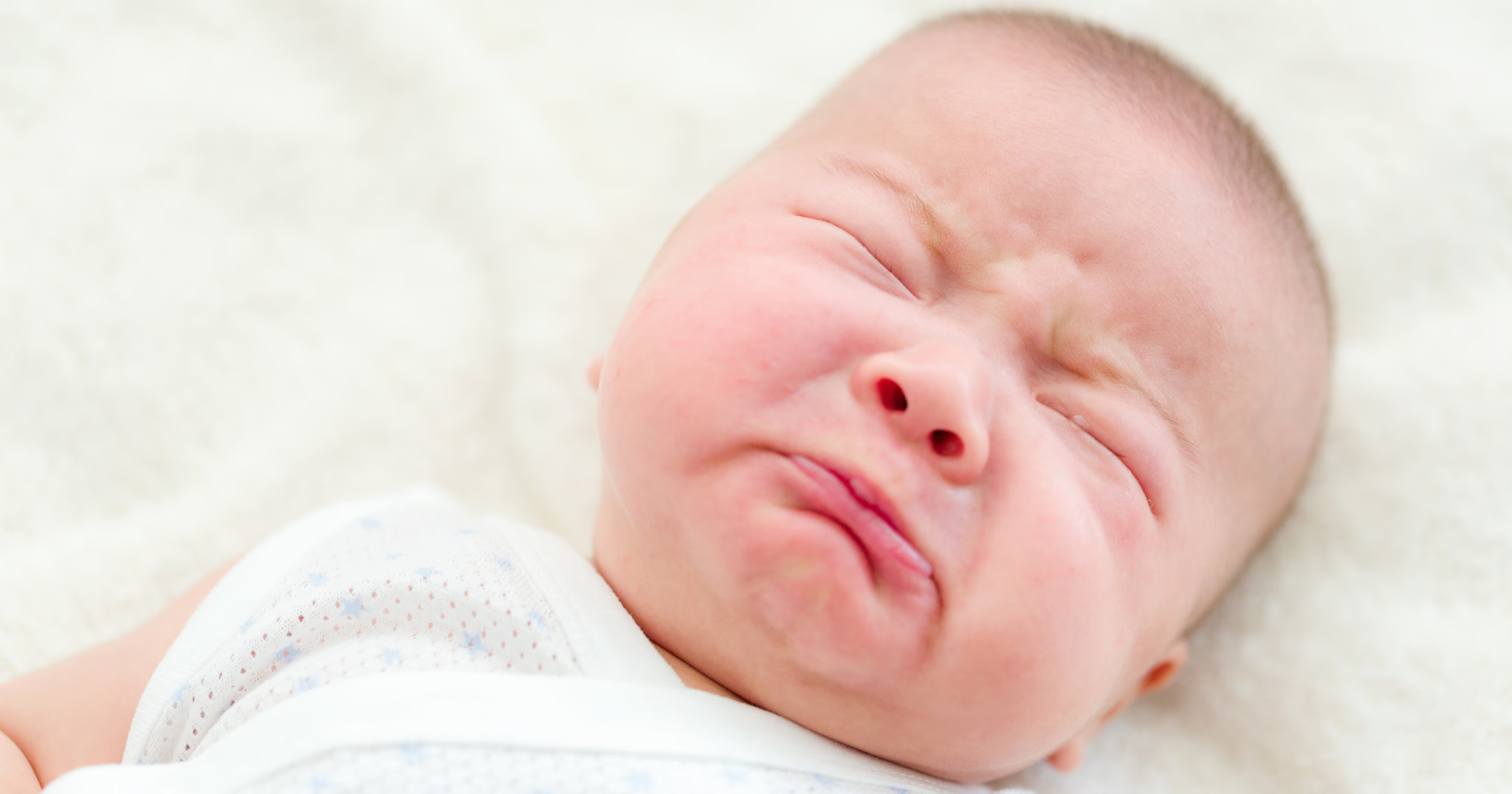
Let’s first clarify at Lullababy SOS, I do not do traditional sleep training.
I teach you how to support your baby how to sleep better, by nurturing not just better sleep, but also a balanced, loving routine that strengthens the bond between parent and child.
So, If you’re imagining sleep leaving your baby to cry alone in a dark room, you’ll be relieved to know that this is far from the approach I advocate.
My methods are gentle, intuitive, and holistic—focused on creating consistent, predictable routines that build confidence and security for both you and your child. There’s no place for controlled crying or ‘cry-it-out’ methods in the way I support families.
Instead, I focus on fostering clear communication between parent and child and creating an environment where your child learns to fall asleep independently while still feeling safe, loved, and connected.
In turn, this strengthens your attachment rather than harming it, as it helps your baby understand their needs and trust that their parent’s response and environment are predictable and secure.
Now, let’s take a look at Maslow’s Hierarchy of Needs in Early Childhood Development.
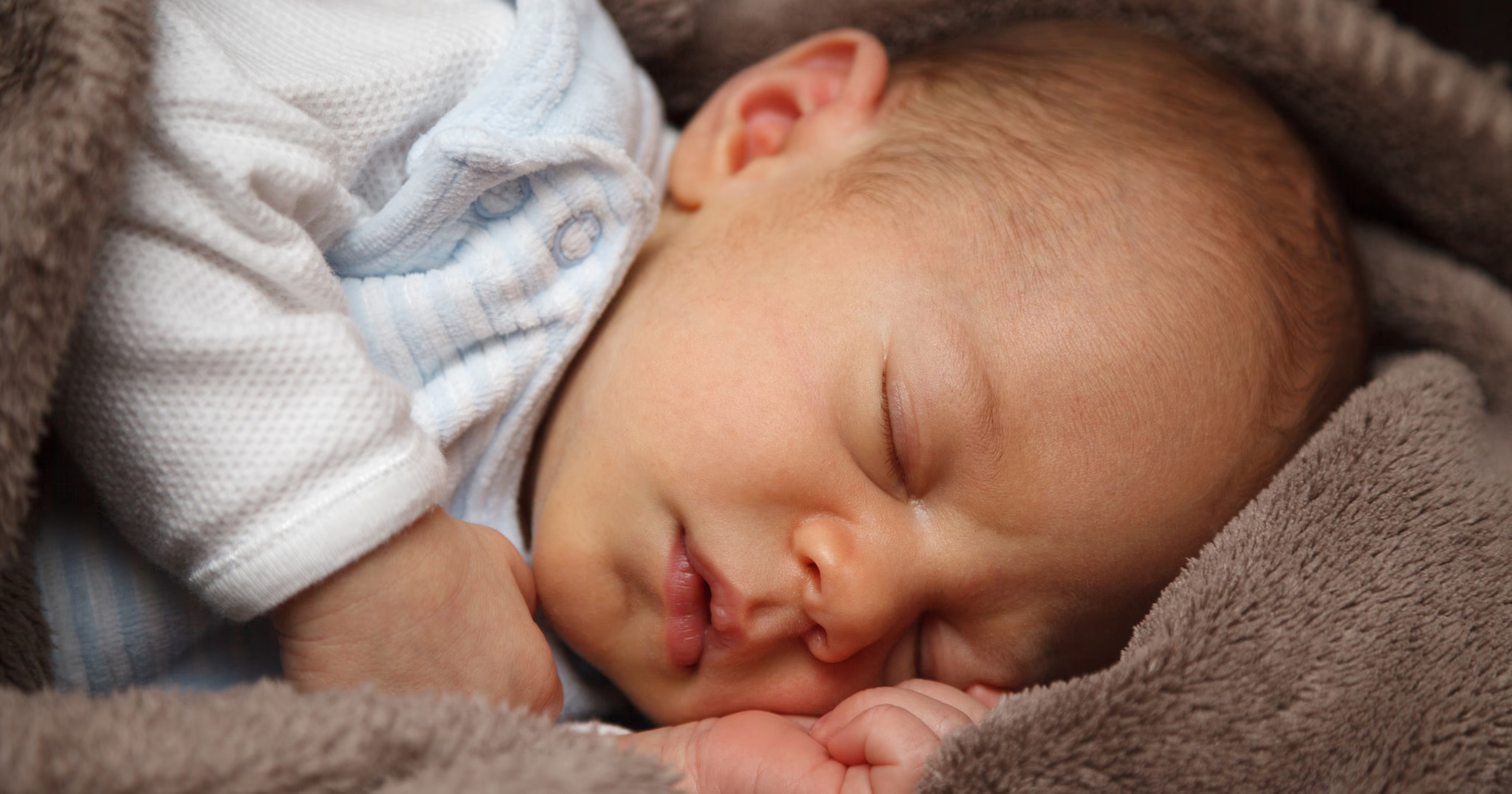
Maslow’s Hierarchy of Needs provides a helpful lens through which we can view sleep training.
At the core of human development are basic survival needs like food, sleep, and safety, and once these are consistently met, children can move up the pyramid toward emotional security, confidence, and, eventually, self-actualization.
In early childhood, consistent routines are key to fulfilling these needs. Without a clear distinction between when a child is hungry, tired, or uncomfortable, it’s easy to confuse the signs and respond with a catch-all approach—feeding, rocking, or soothing your baby whenever they cry.
This can lead to snack feeding, catnapping, and frequent night wakings, where both you and your baby struggle to find balance in your routine.
This lack of predictability in responding to a baby’s needs can create confusion for both you and your child.
You may both become reliant on external soothing methods (feeding, rocking, etc.), and you may feel unsure about how to interpret your baby’s cues. This cycle can lead to more stress, more night wakings, and a breakdown in communication between you and your baby.
Can predictable sleep routines build emotional security, absolutely, read on.
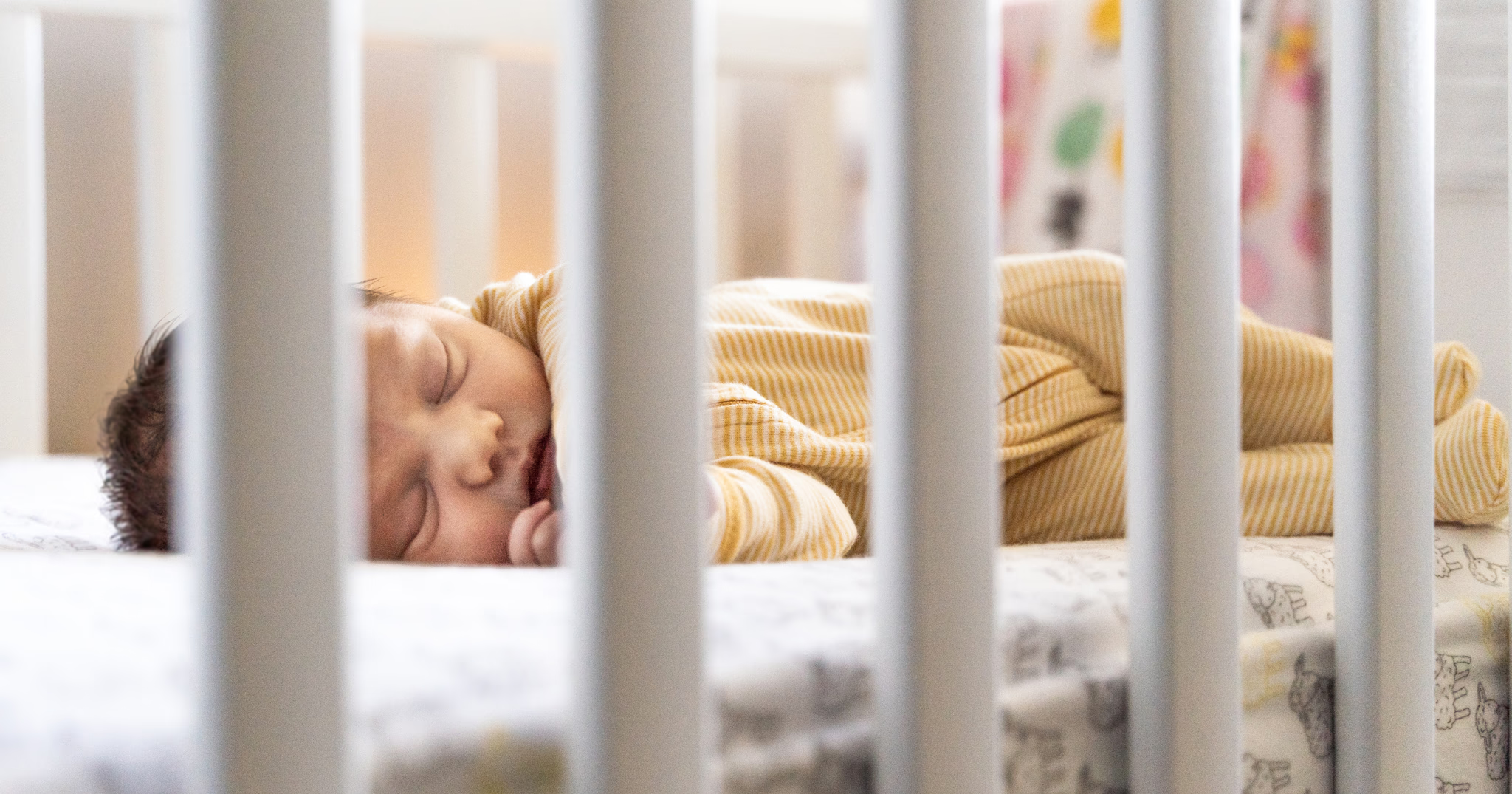
Predictability in daily routines helps babies thrive. When a baby’s day follows a gentle, consistent flow—with clear distinctions between feeding and sleep—they develop a stronger sense of security and trust in their environment.
The familiarity of daily routines supports their physical well-being, ensuring that they are well-fed and rested, while also promoting emotional security.
As a result, a baby who feels safe and secure will be more content, showing fewer signs of stress and anxiety.
Through clear, consistent routines, your baby starts to understand the rhythms of the day: This familiarity supports the development of secure attachment—your child feels emotionally safe because their needs are reliably and lovingly met.
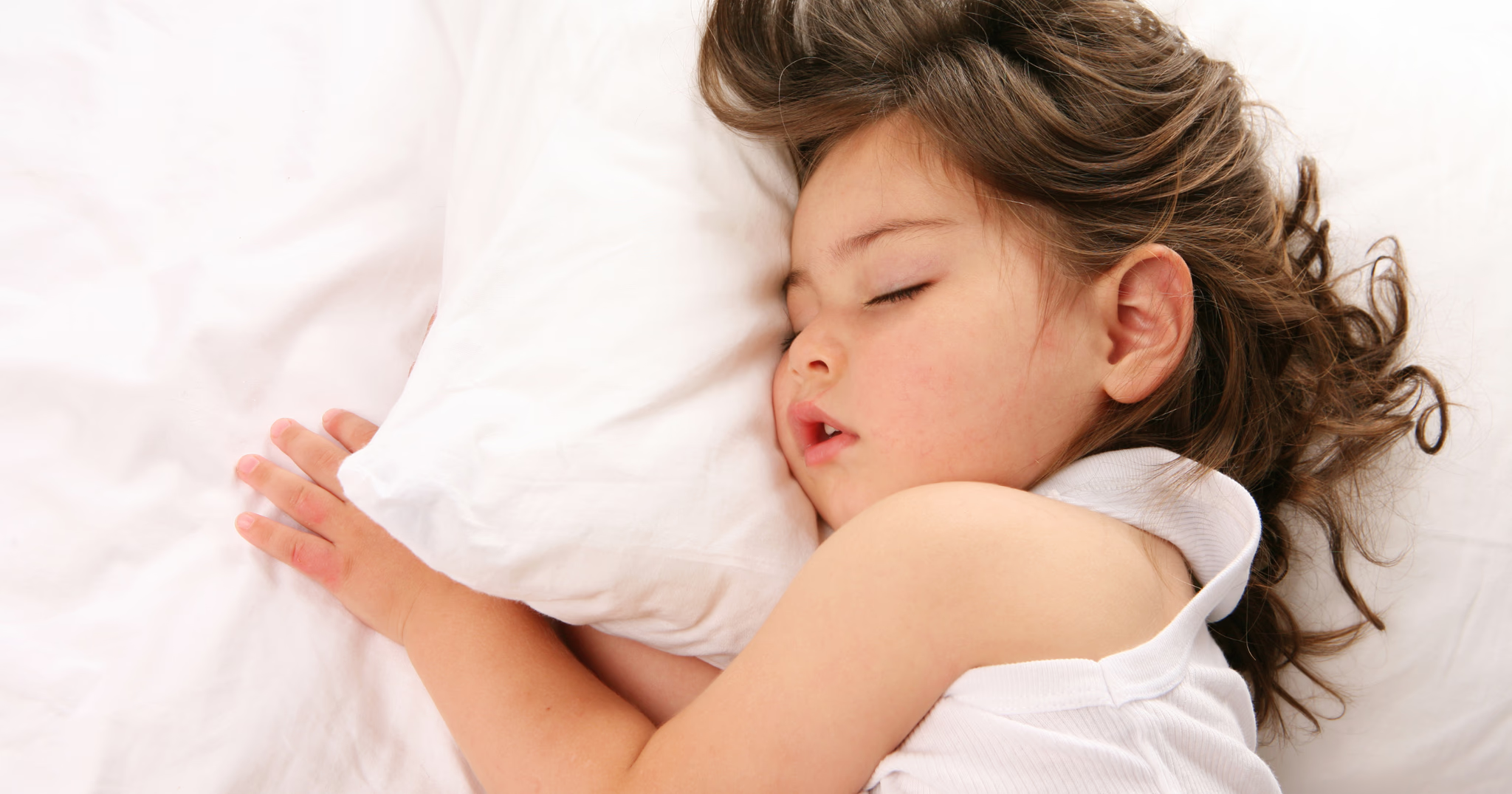
A common misconception is that teaching a baby to sleep independently might weaken the attachment bond.
In reality, healthy sleep teaching involves predictable behaviours, consistent routines and gentle settling techniques that strengthen the parent-child bond.
Here’s how:
When a baby knows what to expect and understands their cues, they can communicate more effectively. They’ll cry less because they trust that their needs are being met consistently.
There are three main points I would like to raise.
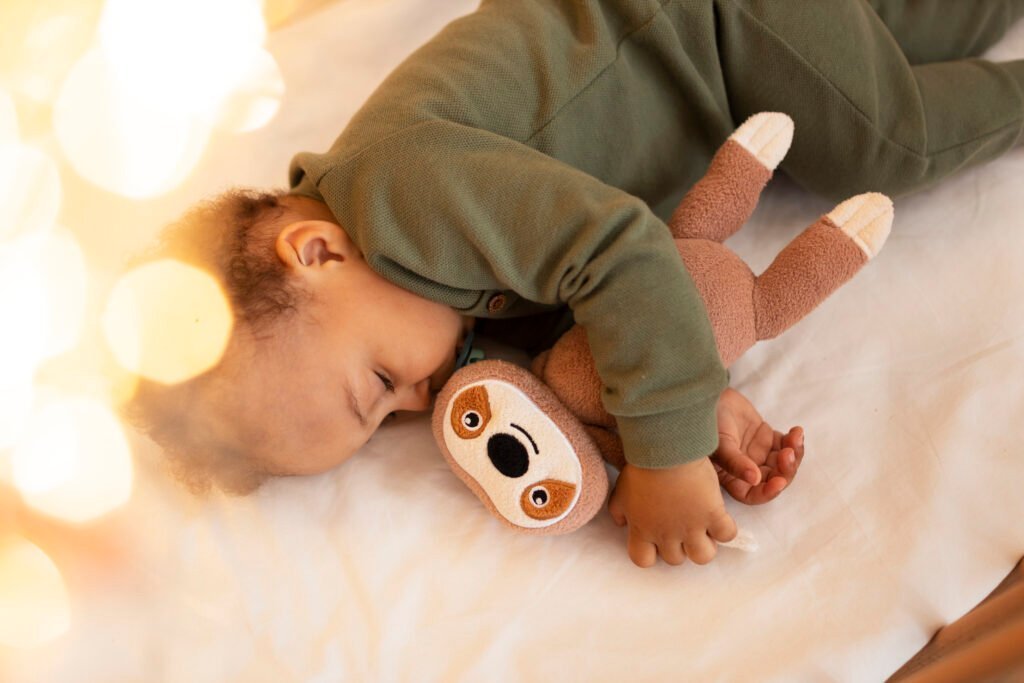
Let’s return to Maslow’s Hierarchy of Needs to see how ‘sleep Training” fits into the bigger picture of your child’s development:

By creating a gentle, structured sleep routine, you’re not only teaching your baby how to sleep well but also supporting their emotional development and secure attachment.
Furthermore, predictable routines reduce stress for both parent and baby, making it easier for you to confidently meet your child’s needs, while your baby learns to trust and thrive in their environment.
In short, a well-rested baby is a happier, calmer baby, and a confident, calm parent is better able to nurture their child’s emotional growth. This positive feedback loop supports both you and your child in thriving, not just surviving.
Let’s build secure attachments, promote healthy development, and enjoy the benefits of a confident, well-rested family.
By incorporating the Lullababy SOS Sleep program into your parenting toolkit, you can feel confident that you’re supporting your child’s sleep and emotional development through a gentle, routine-based approach that respects their emotional needs.
This program lays the foundation for secure attachment, self-regulation, and emotional well-being—without resorting to harsh sleep training methods.
Let’s move away from the fear that teaching your baby to sleep will harm their emotional health, and embrace the understanding that healthy sleep is essential for their growth and development.
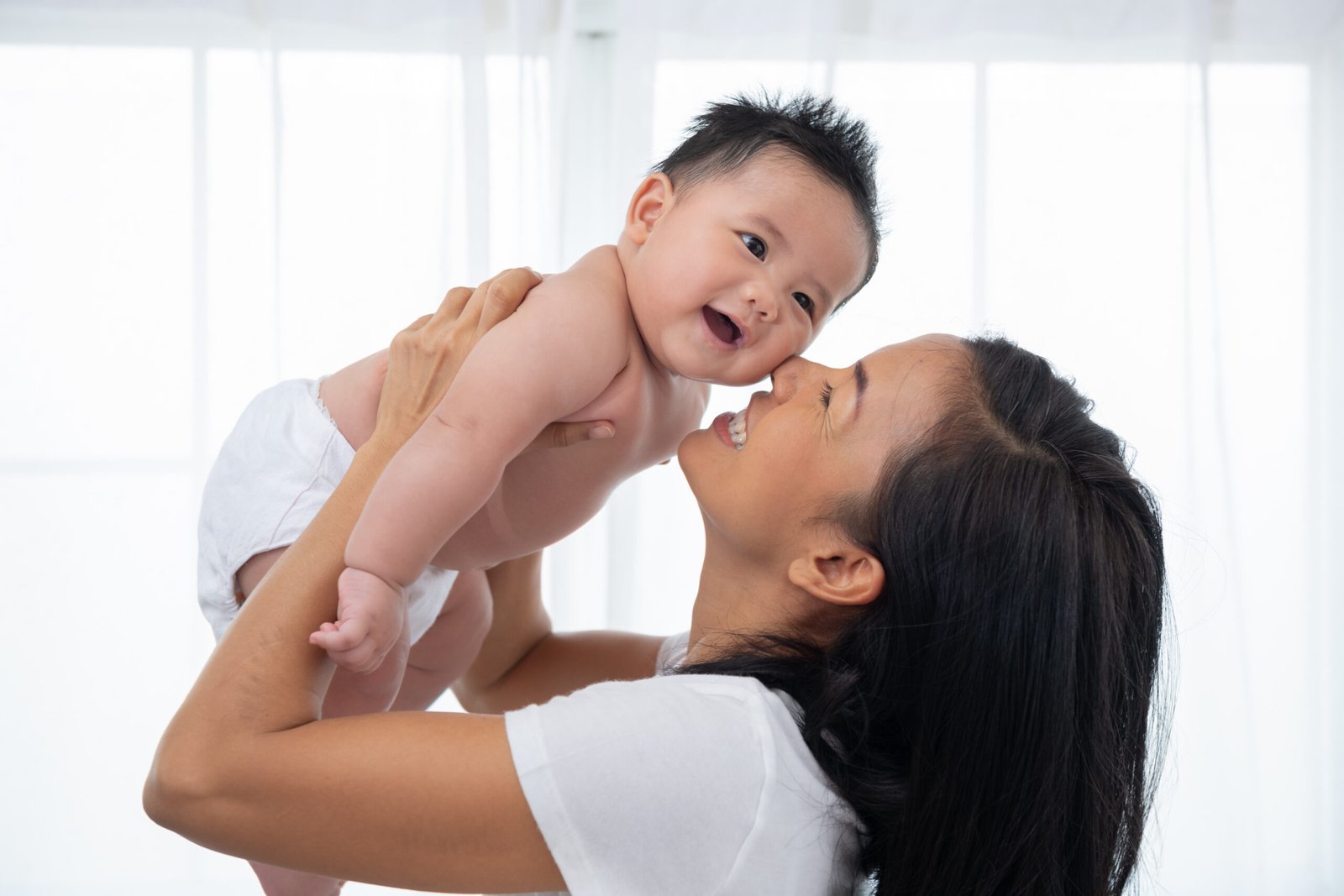
You deserve a smoother, calmer routine—and now’s the perfect time to grab the tools that help.
From settling support to sleep saviours, we’re giving you up to 50% off some of our most-loved essentials